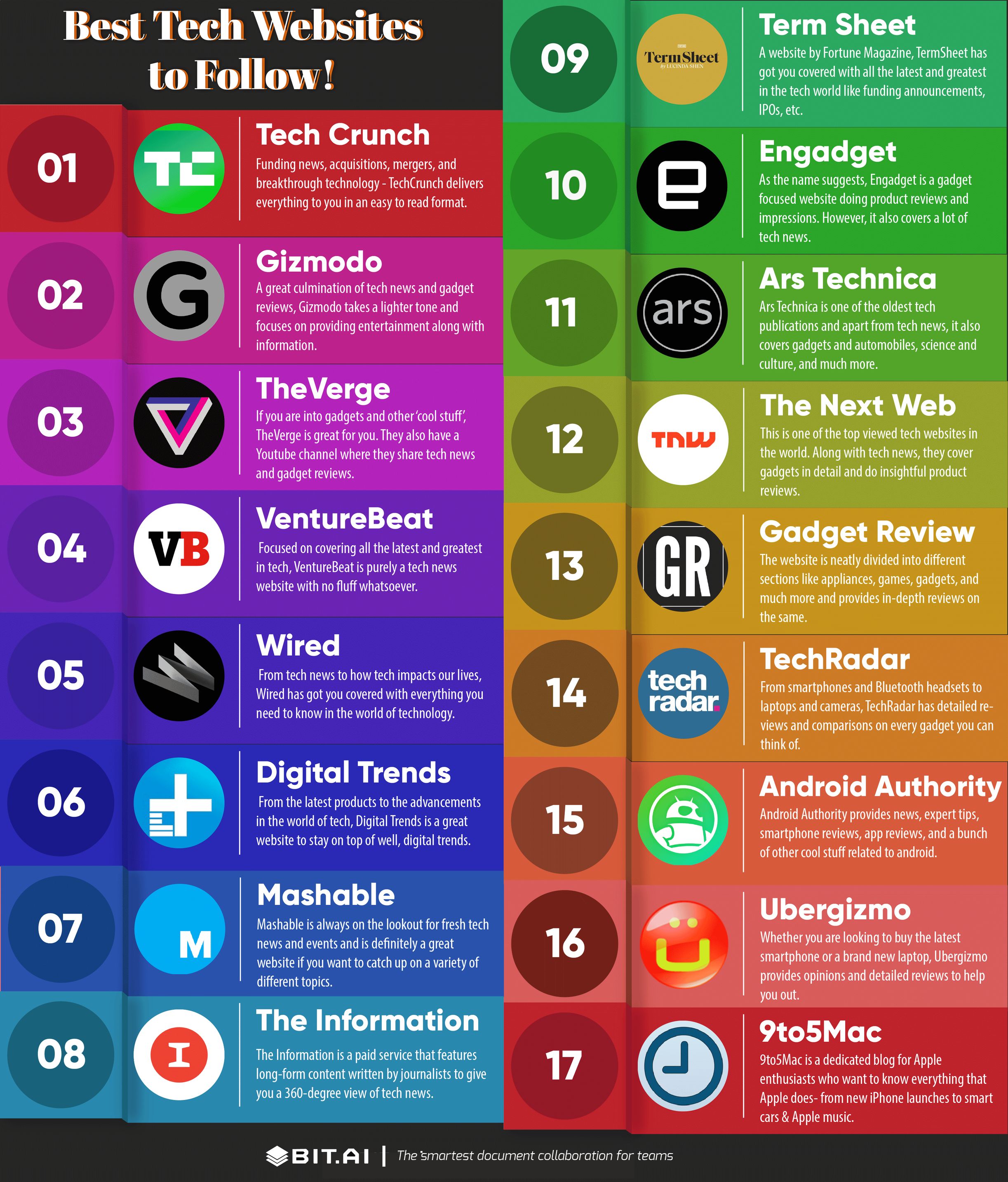The Development of the Best tech blog: A Trip With Tech Background and Future Trends
The Development of the Best tech blog: A Trip With Tech Background and Future Trends
Blog Article
The Function of Quantum Computing beforehand Modern Innovation
Quantum computing is positioned to redefine the landscape of contemporary innovation by presenting extraordinary computational abilities that guarantee to take on challenges formerly considered impossible. Unlike timeless computing, which depends on bits, quantum computing uses qubits, permitting for exponential data processing power.
Understanding Quantum Computer Basics
Grasping the fundamentals of quantum computer unlocks a brand-new world of opportunities in the technological landscape. Unlike timeless computers, which refine details in binary form using little bits, quantum computer systems make use of quantum little bits, or qubits. Qubits have the unique capacity to exist in numerous states all at once, many thanks to the concepts of superposition and entanglement. This inherent particular enables quantum computer systems to do complicated calculations at unprecedented speeds, effectively tackling problems that are presently unbending for timeless systems.
Superposition permits qubits to stand for both 0 and 1 at the very same time, instead than being limited to one value. Complexity, another cornerstone of quantum mechanics, makes certain that the state of one qubit is straight correlated with the state of another, no matter of the range separating them. With each other, these sensations supply quantum computers with exponentially greater processing power compared to timeless makers.
Understanding these standard concepts is vital for establishing formulas that efficiently harness quantum computing's capacities. As the field advances, it is essential for researchers and engineers to continue discovering how these quantum residential properties can be leveraged in functional applications, ultimately transforming sectors from pharmaceuticals to logistics, and beyond.
Influence on Cryptography and Protection
Quantum computing's fundamental principles not just open new opportunities in technical applications yet also position considerable challenges and opportunities in the realm of cryptography and safety (Best tech blog). Timeless cryptographic formulas, such as RSA and ECC, depend on the computational problem of troubles like integer factorization and distinct logarithms. Quantum computer systems, nevertheless, can efficiently resolve these problems making use of algorithms like Shor's formula, thereby endangering the safety of many file encryption systems presently in operation
This prospective vulnerability demands the advancement of quantum-resistant cryptographic formulas. Post-quantum cryptography aims to create cryptographic systems that stay safe and secure versus quantum attacks while maintaining compatibility with existing communication protocols. Research in this area concentrates on lattice-based cryptography, hash-based cryptography, and various other unique systems.
Beyond, quantum computing likewise uses helpful safety innovations. Quantum vital circulation (QKD) provides a theoretically safe and secure approach for exchanging cryptographic keys, leveraging the principles of quantum technicians to discover any eavesdropping attempts.

Changing Health Care and Medicine
In the world of healthcare and medicine, quantum computer assures to reinvent diagnostics, therapy preparation, and medication discovery. By leveraging quantum formulas, scientists can examine complicated biological data at unprecedented speeds, assisting in very early and much more precise disease discovery. The ability to process vast datasets allows the identification of subtle patterns that are critical for detecting conditions such as cancer or uncommon congenital diseases, potentially causing earlier interventions and enhanced client results.

In medication discovery, quantum computer speeds up the process why not find out more of finding new therapeutic substances by efficiently modeling molecular frameworks and communications. This capacity not just reduces the drug development timeline yet also minimizes prices, helping with the creation of more effective medicines. As quantum computing innovation proceeds to advance, its assimilation into health care and medication is positioned to generate transformative benefits, providing new wish for dealing with complex clinical obstacles.
Enhancing Artificial Intelligence Abilities
The assimilation of quantum computing into artificial knowledge (AI) is positioned to substantially boost the capabilities of AI systems. Quantum computer introduces a paradigm shift in processing power and rate, which can address the intricacy and scalability difficulties dealt with by classical AI formulas. By leveraging quantum auto mechanics concepts, quantum computers can process large datasets a lot more successfully, making it possible for AI systems to perform intricate computations and pattern recognition jobs at extraordinary rates.
One of the crucial areas where quantum computing can improve AI is in optimization issues. Quantum formulas, such as quantum annealing and Grover's search, provide potential rapid speedups over timeless equivalents, enabling AI to resolve complex optimization problems better. Best tech blog. This can be especially helpful in fields like logistics, finance, and medication discovery, where ideal solutions are essential
Moreover, quantum computing can boost artificial intelligence techniques by speeding up training processes and boosting model precision. Quantum-enhanced maker discovering formulas can process information in parallel, resulting in much faster merging and improved generalization capabilities. This synergy between quantum computer and AI might lead to the development of much more innovative designs with the ability of tackling tasks that are currently past the reach of timeless AI, such as real-time language translation and progressed robotics.
Future Potential Customers and Challenges
Usually declared as a transformative pressure, the future prospects of quantum computer in modern-day innovation are enormous yet filled with difficulties. Quantum computer guarantees developments in locations like cryptography, products science, and complicated system simulations. Its ability to process and examine huge datasets exponentially quicker than classic computer systems placements it as an essential driver for technological improvements. Nevertheless, realizing visit the website these opportunities demands getting rid of powerful difficulties.
Among the key challenges is the security and coherence of qubits, the fundamental foundation of quantum computers. Preserving qubits in a steady state enough time for calculation, recognized as quantum comprehensibility, is a considerable hurdle. Error prices in quantum computing stay high, demanding the growth of innovative mistake modification approaches.
Scalability is an additional pressing problem; structure quantum systems with even more qubits without compromising efficiency is crucial. Best tech blog. Additionally, the advancement of quantum algorithms that can outperform classical equivalents is still in its inceptive phases
On the economic front, the high expense of quantum computing research and facilities poses a barrier to extensive fostering. The assimilation of quantum computing into existing technological frameworks calls for brand-new proficiency and requirements. Attending to these challenges is crucial for unlocking quantum computing's complete possibility.

Conclusion
Quantum computing stands at the forefront of technological improvement, using transformative capacities across various fields. By revolutionizing cryptography and guaranteeing safe and secure interactions, it resolves essential security difficulties. Its capacity in medical care leads the way for breakthroughs in customized medicine, while its effect on expert system boosts data handling and algorithm optimization. Despite the appealing potential customers, considerable obstacles remain in scalability and mistake modification. Continued research and growth are important for totally realizing the transformative potential of quantum computing.
Unlike classic computer, which relies on bits, quantum computer utilizes qubits, permitting for rapid information handling power. Unlike timeless computer systems, which refine info in binary kind using little bits, quantum computer systems utilize quantum little bits, or qubits. Quantum computing presents a paradigm change in handling power and rate, which can attend to the intricacy and scalability challenges dealt with by classic AI algorithms. By leveraging quantum auto mechanics principles, quantum computer systems can refine vast datasets much more efficiently, enabling AI systems to perform complex computations and pattern acknowledgment jobs at unmatched rates.
Quantum algorithms, such as quantum annealing and Grover's search, use possible exponential speedups over timeless counterparts, allowing AI to fix complicated optimization issues much more successfully.
Report this page